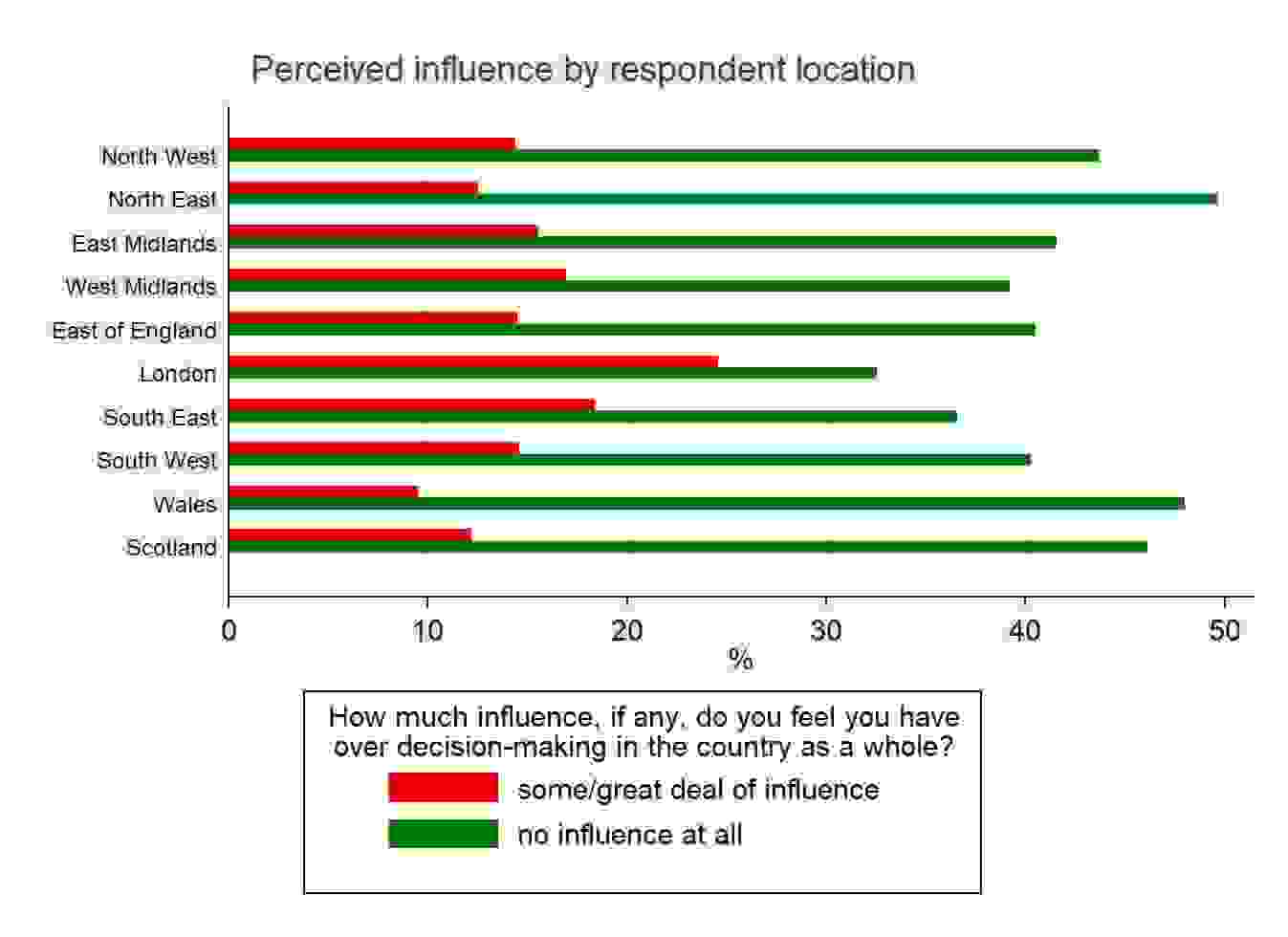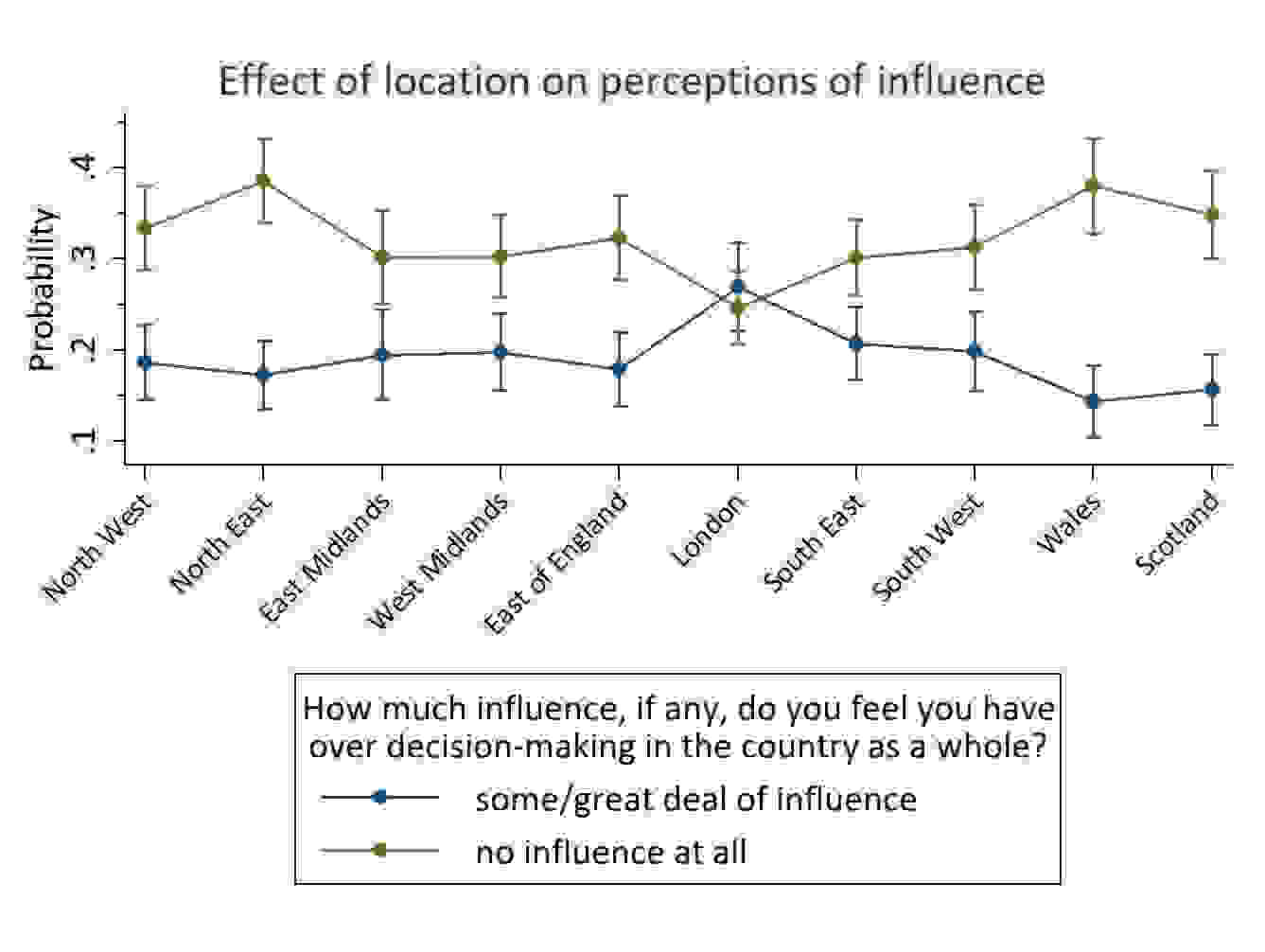News / Who really sets MPs’ pay – And why you might be wrong about it. A conversation with Richard Lloyd, chair of IPSA - Parliament Matters podcast, Episode 126
What are MPs actually paid and what does the public fund to help them do their job? In this conversation with Richard Lloyd, chair of the Independent Parliamentary Standards Authority (IPSA) we explore the delicate balance between supporting MPs to do their jobs effectively and enforcing strict standards on the use of public money. We discuss how IPSA has shifted from a rule-heavy “traffic cop” to a principles-based regulator, why compliance is now very high, the growing role of data and AI in oversight, and the security risks and pressures facing MPs‘ offices as workloads rise and abuse becomes more common. Listen and subscribe: Apple Podcasts | Spotify | ACAST | YouTube | Other apps | RSS




